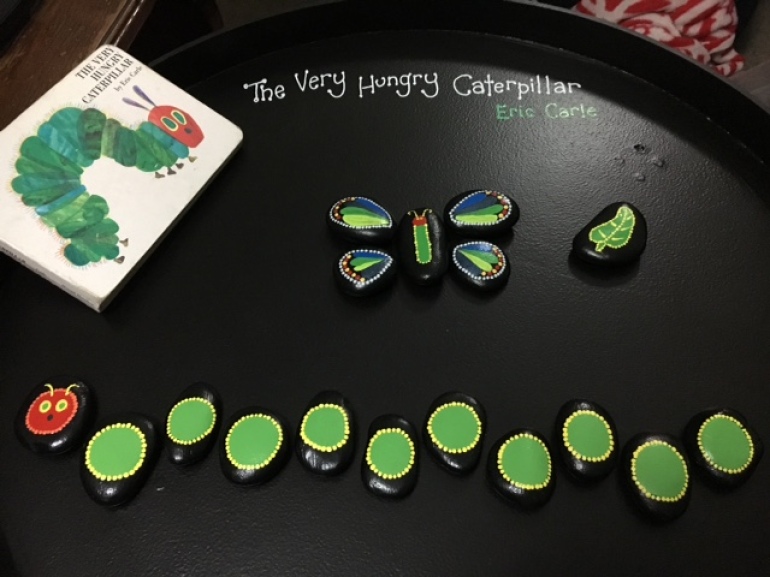News And Events

Oral Language
6 November 2017Oral language is the basis of most social interaction in life. We use oral language to convey information to other people, develop mutual understanding, express ideas and identity, and define our belonging to a particular social group. Oral language interactions build children’s understanding of the meaning of a larger number of words, and of the world around them.
Early learning starts at home and together with Early Childhood Educators, parents and Kaiako can help build stronger early language skills both through their planned language interactions with young children, and by setting up an environment that gives children many opportunities to talk with each other, and with adults.
One of the best ways that parents and Kaiako can help young children develop their oral language skills is through shared conversations. Shared storybook reading provides an especially good platform for planned conversations with young children.
Nurtured at Home provides Educators with free resources each month, including games and magnetic stories that provide the inspiration for Educators and children to communicate and engage in conversation. Another great idea is painting a story onto rocks so that children can retell a story themselves, using the rocks as prompts. This is a great tactile resource, and also encourages children to express themselves through oral language.
Information from Extending Their Language – Expanding Their World, Children’s oral language (birth-8 years), produced by Education Review Office February 2017


